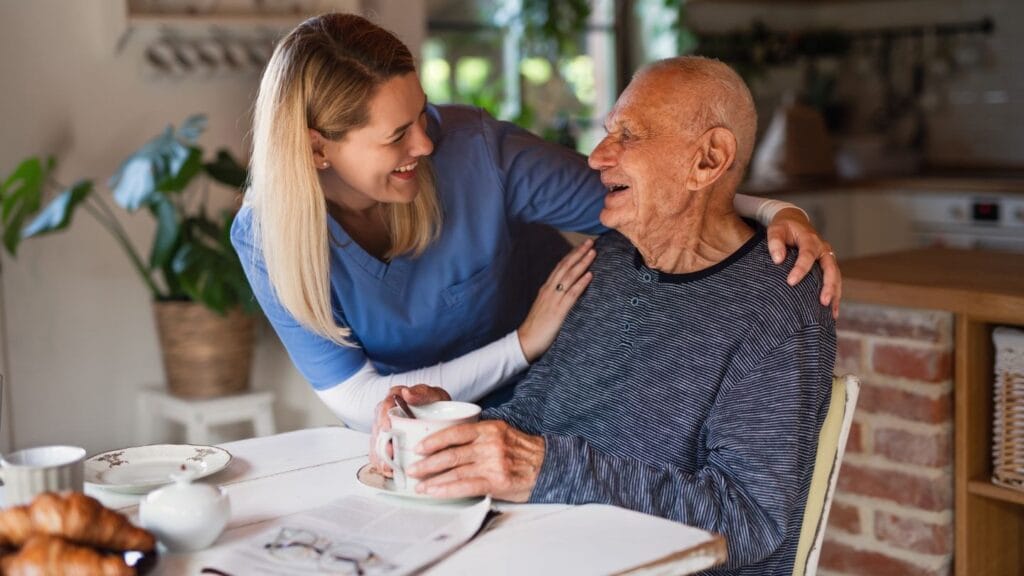
As a family caregiver to both her parents before they passed away, ianacare co-founder Jessica Kim is intimately familiar with the hospital-at-home program. She utilized the program for her father’s congestive heart failure until his death last fall. While she supports accessible care in the home, she believes hospital-at-home in its current form has flaws — namely, recognizing the challenges that family caregivers face.
“I am a proponent of the [hospital-at-home] program; I understand the intent of patient care where you don’t need 24/7 monitoring by professional clinicians,” Kim told McKnight’s Home Care Daily Pulse. “You’d rather be in the home environment to finish off the treatment or to recover. I hope it works. I just feel like there are still gaps to make it really sustainable and to make it really work. Some of those gaps are onboarding awareness integrating the caregiver [into the program] from the very beginning.”
According to Kim, adults who take on caregiving duties for their parents in hospital-at-home possess distinct identities as both children and caregivers. It is important to make sure that each identity has adequate support.
“As a daughter to my parents, I would help them when we go out to eat; we spent time together; we vacationed together,” said Kim. “We’re there for each other as a family and that’s what a daughter’s role is. Being a caregiver is making sure they’re eating the right food, cooking for them, bathing them and making sure all their needs are taken care of. If we don’t call ourselves caregivers and recognize this additional set of real daily responsibilities, we won’t know how to even advocate for ourselves and to make it known to doctors and to everyone around us that I’m not just a daughter; I’m actually taking on these additional responsibilities for my parents’ care.”
The pandemic expanded the hospital-at-home program through the Acute Hospital Care at Home waiver. More than 300 hospitals across 129 health systems in 37 states are operating under the waiver, which is set to expire at the end of this year.
Role of ianacare for family caregivers
Kim’s caregiving journey influenced the creation of ianacare, a website for family caregivers caring for loved ones at home. Through the use of a smartphone application, caregivers can access a variety of resources intended to help guide them through the hospital-at-home experience, as well as link them directly to care providers, other family members and more.
“We bridge that gap from where healthcare hands off to caregivers who are going through hospital-at-home programs,” said Kim. “We’re really that front door to navigating all the care in the home. We match you up with a human navigator who you know by name and they become your right hand care navigator throughout the entire journey. If you have any questions, you don’t have to Google it, you don’t have to call anyone, we can walk you through it. We understand the clinical and nonclinical side and all their care happens in the home.”
Kim believes that when care providers listen to feedback from the family caregivers and treat them as an integral part of the care process, there will be better health outcomes. Sometimes a new perspective can make a huge impact.
“You don’t often have people in those decision-making rooms who have actually experienced [hospital-at-home] hour-by-hour,” Kim said. “Until you experience that, you don’t really understand the tensions, the needs, the decisions and so I’m bringing that to the table.”
Home Sweet Home is a feature appearing Mondays in McKnight’s Home Care Daily Pulse. The story focuses on a heartwarming, entertaining or quirky happening affecting the world of home care. If you have a topic that might be worthy of the spotlight in Home Sweet Home, please email Special Projects Coordinator Foster Stubbs at [email protected].

